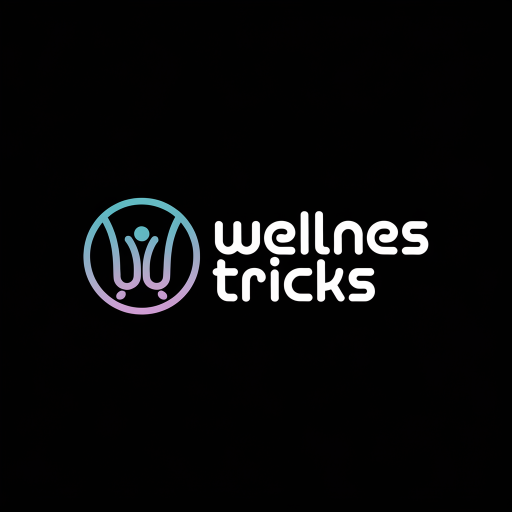What Happens If You Stop Using Store-Bought Creams
Imagine your skin as a delicate ecosystem, reliant on balanced inputs for health. When you stop using store-bought creams, your skin can respond in unexpected ways, often facing a challenging transition. Initial dryness, irritation, or even breakouts may emerge as it loses its accustomed support. But could this shift also lead to surprising long-term benefits? Understanding the full scope of this change requires a closer look at your skin’s adaptation and potential pathways toward natural healing.
The Initial Withdrawal Effects on Your Skin
When you stop using store-bought creams, your skin may react in various ways, initially leading to withdrawal effects.
You might notice dryness, irritation, or even increased oiliness due to the sudden lack of synthetic ingredients. Your skin’s barrier could become compromised, prompting redness or breakouts as it adjusts to the natural skincare switch.
It’s essential to give your skin time to recalibrate, which might take a few weeks. During this period, stick to gentle, natural products that can help soothe irritation and support healing. Transitioning to natural skincare alternatives can also provide long-term benefits for your skin’s health and resilience.
Understanding these initial withdrawal effects is crucial for navigating your skincare transition successfully.
Potential Benefits of Going Cream-Free
Many people find that going cream-free can lead to a range of surprising benefits for their skin. By reducing reliance on store-bought creams, you might notice improved skin texture and clarity.
Your skin may become less reliant on artificial chemicals, promoting natural oil balance and hydration. Additionally, you could experience fewer breakouts as your pores become less clogged with synthetic ingredients.
Over time, increased skin resilience may emerge, allowing it to adapt better to environmental stressors. Ultimately, embracing a cream-free approach can enhance not only your skin’s health but also your sense of empowerment in managing your skincare routine. Moreover, adopting transformative natural skincare can further enhance your overall wellness, leading to even greater skin improvements.
Exploring Natural Alternatives
As you shift away from store-bought creams, exploring natural alternatives opens up a wealth of options that can support your skin’s health.
Ingredients like coconut oil and shea butter provide deep hydration and nourishment without synthetic additives. Essential oils, such as lavender and tea tree, offer antibacterial properties and scent, enhancing your skincare experience.
Aloe vera soothes and calms irritated skin, while honey acts as a natural humectant, locking in moisture. Additionally, using natural remedies can rejuvenate dull skin and promote a radiant glow.
Adjusting Your Skincare Routine
To effectively transition from store-bought creams to a more natural skincare approach, it’s crucial to adjust your routine thoughtfully.
Begin by gradually replacing your conventional products with natural alternatives. Start with one area, like moisturizer, and monitor how your skin reacts.
Pay close attention to ingredient labels; opt for oils and extracts that suit your skin type. Hydration is key, so incorporate water-rich ingredients and maintain regular cleansing.
Lastly, be patient; your skin may need time to adapt. Common skincare mistakes can hinder the effectiveness of your new routine, so by tuning into your skin’s needs, you’ll create a tailored routine that promotes balance, nourishment, and overall health without reliance on commercial products.
Long-Term Skin Health Considerations
When you shift away from store-bought creams, it’s essential to consider the long-term effects on your skin health. Natural alternatives often provide essential nutrients, but can also lead to dryness or irritation without careful selection. Your skin’s barrier may strengthen over time or, conversely, weaken if not nourished properly. Balancing moisture and protection becomes crucial. Regular exfoliation for glowing skin can enhance the effectiveness of natural products by promoting cell turnover.
| Pros | Cons |
|---|---|
| Improved skin resilience | Possible flare-ups |
| Fewer chemicals | Adjustment period |
| Customized care | Risk of neglecting basics |
| Enhanced natural glow | Potential imbalance |
Understanding these factors can help you make more informed decisions.

